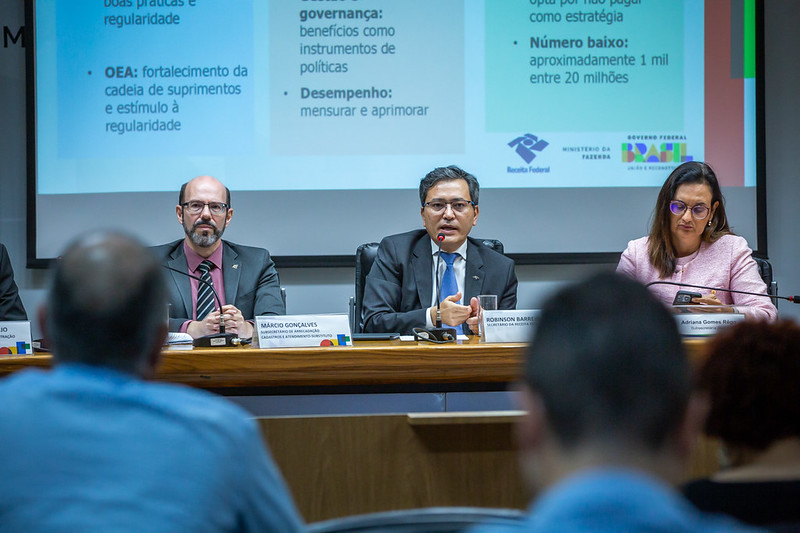President Luiz Inácio Lula da Silva on Tuesday issued a provisional decree raising the monthly income tax threshold from BRL 2,640 to 2,824 (USD 532 to 569), the equivalent of twice the minimum wage.
Lula adjusted the threshold for the second time in as many years. Previously, it remained unchanged since 2015, effectively raising tax revenue as the threshold failed to keep up with inflation.
As a provisional decree, the new rule is effective immediately but will expire unless Congress approves it within 120 days. Lawmakers can discuss, modify, or strike down its provisions in that time frame.
Brazilians are required to file their income tax returns by late May.
In a statement, the Finance Ministry said the new threshold will mean waving BRL 3 billion in revenue this year and an additional BRL 7.3 billion (USD 1.4 billion) over the next two years. The statement does not address the obstacle posed by the measure in achieving the zero-deficit goal for 2024.
The new threshold means that 15.8 million Brazilians will be exempt from filing their returns this year, the ministry added. The measure also effectively reduces the tax burden for people over the threshold.
Despite the correction in the income tax threshold, the Lula administration has mostly made efforts to increase revenues, with varying degrees of success, including trying to end or limit payroll tax breaks for 17 economic sectors — a debate that is still ongoing, with most congressional leaders defending the tax benefit.


 Search
Search






































